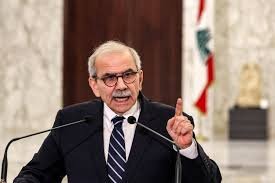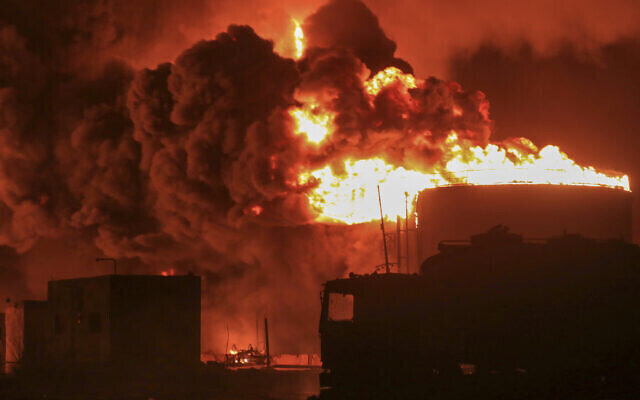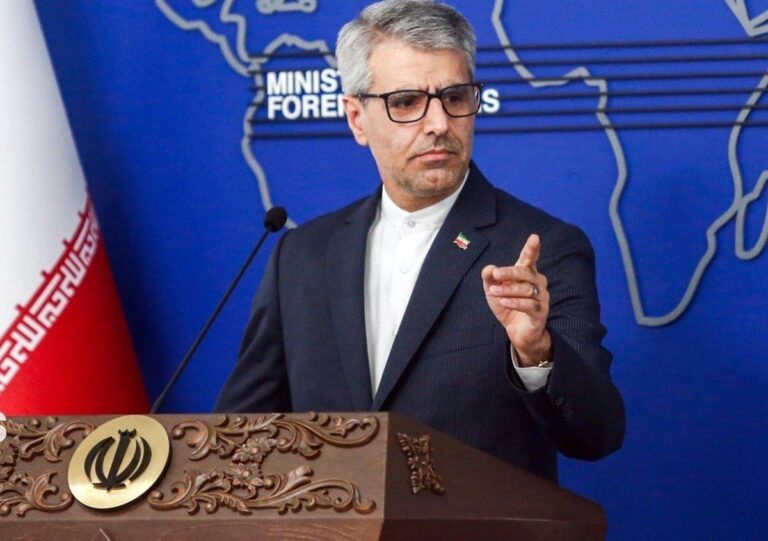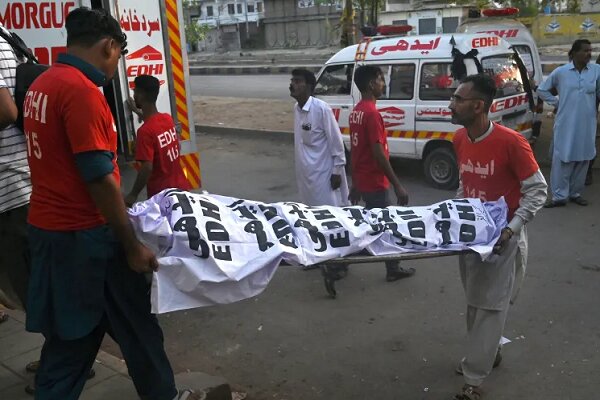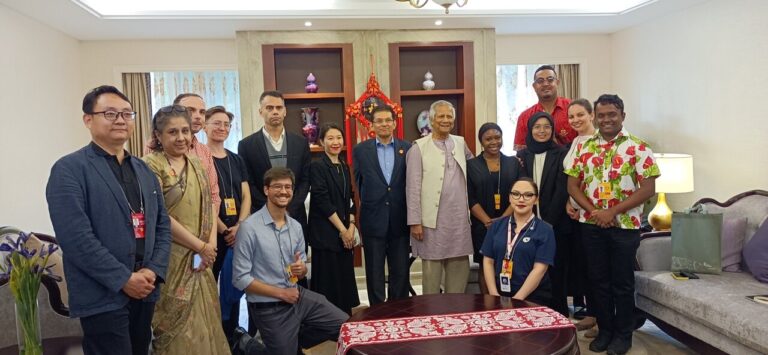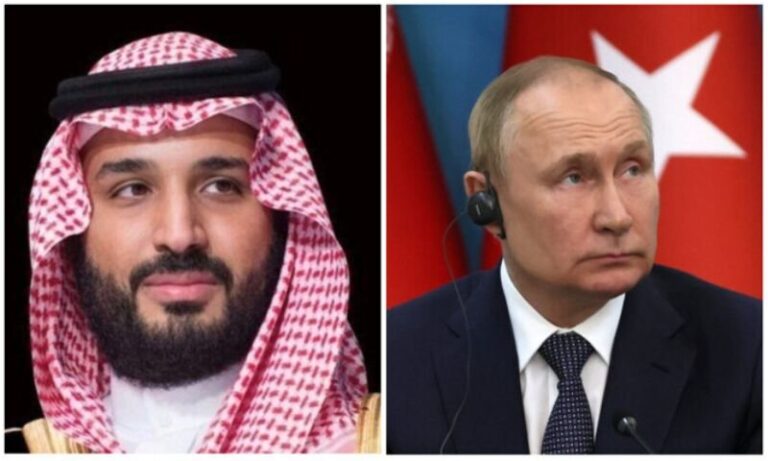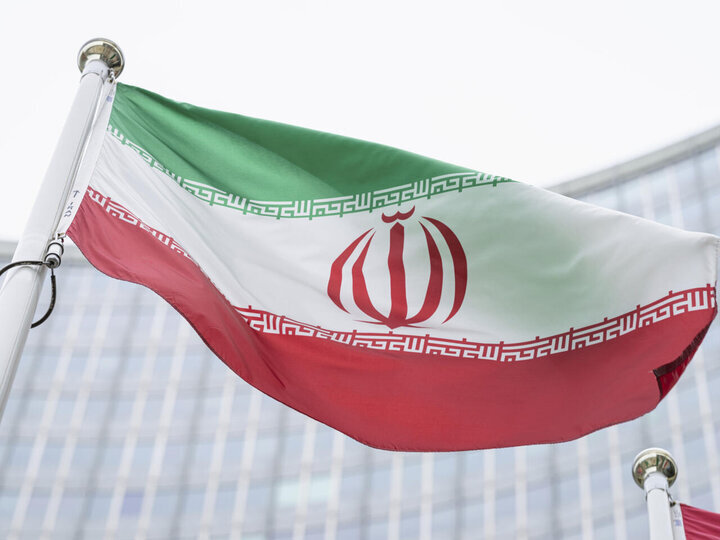Lebanon’s South Rebuilds from Ruins as Global Pressure Mounts Against New Cabinet Formation
In the complex political landscape of South Lebanon, significant developments are underway as Judge Nawaf Salam attempts to form a new cabinet. The ongoing negotiations, particularly with factions influenced by the US embassy, have created a challenging environment. Observers note that Salam’s efforts may be aimed at undermining the influential Hezbollah-Amal alliance.
Three weeks into his appointment, Salam faces considerable pressure to establish a cabinet that reflects international and Arab support. His strategy appears to involve appointing ministers who do not have direct political ambitions, which he believes will restore confidence in the Lebanese government.
Salam emphasized, “I will not back down from the criteria that I adopt to form the government, most notably appointing ministers who are not candidates for the [parliamentary] elections … Accordingly, Arab support and international confidence will be restored.” He also stated, “There is no ministry that is exclusive to a certain sect.”
However, Salam has encountered significant challenges, particularly related to the Amal-Hezbollah duo. He communicated with President Aoun about the “fundamental obstacle” posed by this alliance, suggesting that resolving issues with the Shiite factions could help overcome other barriers.
The international community seems determined to influence Salam’s cabinet formation. The pressure appears to focus on limiting the Amal-Hezbollah duo’s access to key ministries while pushing for the inclusion of anti-Hezbollah Shiite figures. This dynamic raises concerns about the political balance within the Lebanese government.
In a separate but related development, Egyptian Foreign Minister Badr Abdel Aati met with Nabih Berri, the Speaker of Parliament, to discuss the necessity of a complete Israeli withdrawal from southern Lebanon. Abdel Aati highlighted Egypt’s ongoing coordination efforts with Washington, Paris, and Israel to ensure the full implementation of UN Resolution 1701.
Amidst these political maneuvers, the Lebanese army’s specialized units are actively searching for unexploded ordnance in order to facilitate the safe return of residents to border villages. Unfortunately, these efforts are complicated by ongoing Israeli violations of the ceasefire agreement, which include airstrikes and sniper attacks on civilians.
In response to the situation, Hezbollah’s Jihad al-Bina Foundation announced that it has commenced surveying and restoring border villages in the Tyre district. MP Hussein Jishi from Hezbollah’s Loyalty to the Resistance bloc reported that the reconstruction project has already surveyed over 250,000 housing units within two months.
Local mayors are also playing a crucial role in rebuilding efforts. They are coordinating with several organizations, including:
- Electricité du Liban
- Ogero Telecommunications Authority
- Council of the South
These collaborations aim to restore basic services, reopen roads, and remove debris from affected areas.
On another front, the economic impact of the recent crisis has been profound. Lebanon’s Regie Tobacco Company reported a dramatic decline in the annual crop yield from the south, which has plummeted from 5 million kilos in 2019 to less than one million kilos in 2024. This decline is attributed to the ongoing financial crisis, US sanctions, and recent Israeli military actions.
The World Bank has also assessed the damage to Lebanon’s agricultural sector during the conflict, estimating it at around $127 million. This figure underscores the extensive impact that the recent turmoil has had on vital local industries.
Furthermore, Dr. Howayda Al-Turk, the Governor of Nabatieh, has been proactive in seeking international aid for hospitals in the southern region. Coordination with the Ministry of Health is ongoing to attract necessary funds for reconstruction efforts. Notably, the estimated costs for rebuilding include:
- Tebnin Governmental Hospital: approximately $250,000
- Bint Jbeil Governmental Hospital: approximately $200,000
As Lebanon navigates these political and humanitarian challenges, the focus remains on achieving stability and restoring essential services to the affected populations. The coming weeks will be critical in determining the outcomes of Salam’s cabinet formation and the broader implications for the region.
